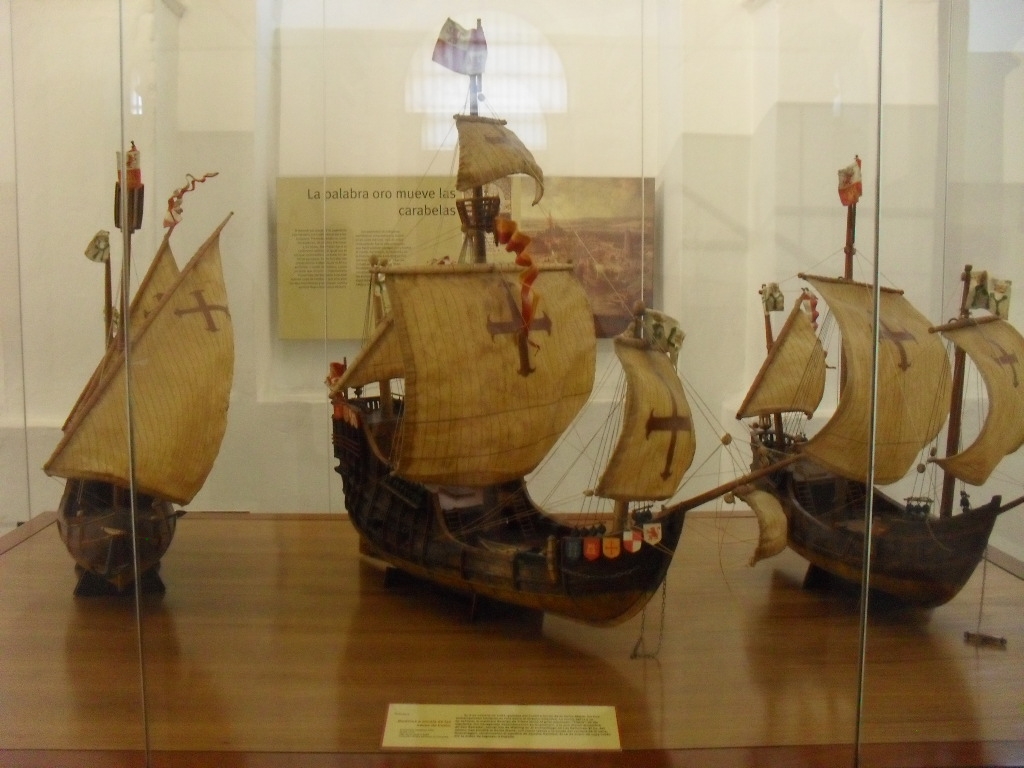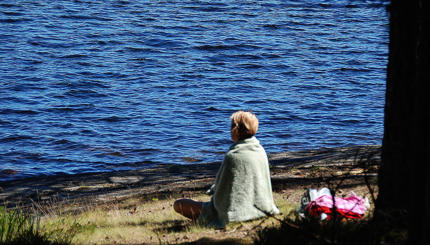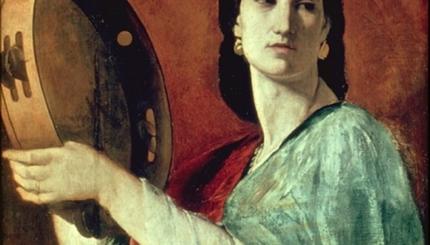When I picture Christopher Columbus, I picture this boat, and I recall the story I learned as a child in public school – a story of celebration, freedom and new beginnings. But that is not the story we know today, and it is certainly not what many of our children are learning in school in the 21st century.
Today, our children are taught that Christopher Columbus did not discover America nor Canada, and the real settlers were ignored in history until recently. Education professors in universities and school teachers across the country are now teaching the real story of the discovery of America, one that definitely turns the nice old story of three ships and a lovely man in a hat on its head.
So why do we still observe Columbus Day as a national holiday in the United States? Why are there still Columbus Day celebrations and plays in elementary schools? Why are there parades recognizing and honoring Christopher Columbus?
Probably for the same reason that many rituals in many cultures and religions remain – because it is what we have always done, because it is what we were originally taught, and because we have not made an effort to update our rituals, our knowledge, and our practice.
In his book “Lies My Teacher Told Me: Everything Your American History Textbook Got Wrong,” James Loewen shares many examples of ‘fake history’ or ‘false facts’ that most of us took for granted because our teachers taught them to us. The question still remains if or when the introduction of ‘corrected history’ will change the way our history is shared, taught and told.
In many ways, the need to change or update rituals and practices, like the observance of Columbus Day, is not so different from the way we, as Jews, need to examine and understand our own Jewish rituals, and figure out which ones make sense to keep and which ones need updating and/or adapting. That is not to say that rituals cannot have meaning simply because it is what we have all done for so many years – they can and they do. But sometimes, like in the case of Christopher Columbus, we need to change our rituals because the truth is so far off from the reality of why and how the ritual was initially created.
I love a good ritual – and I love to pass rituals on to my children that were passed down to me. But every once in a while, I need to pause, and think about the rituals, and make sure that they still make sense for me, a modern-day citizen of the world, a Jew, and a woman living in the 21st century.
I love engaging in a deep discourse with students over whether or not Columbus Day should still be observed; perhaps the discourse is more important than the ritual anyway. And from now on, perhaps Columbus Day becomes the reminder that we must all be open to the possibility that history continually evolves, and therefore our rituals and beliefs and observances must also evolve – with time, patience, dedication, and new understandings.




